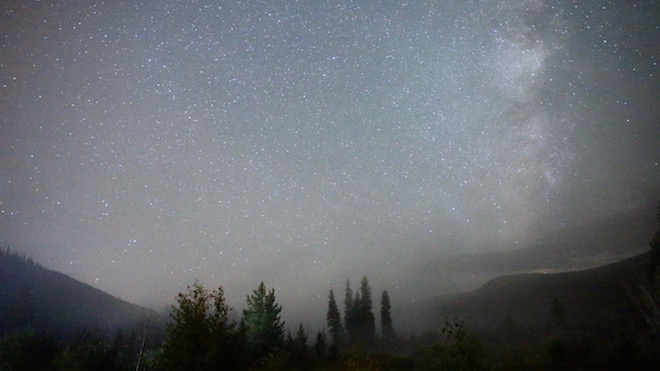
Anxiety
Changes To Customary Patterns Of Life
From the existential point of view all changes to customary patterns of life produce painful anxiety. It doesn’t matter if those customary patterns of life are desirable or undesirable, if they create conditions for growth or conditions for stagnation, if they’re loving or abusive, positively reinforcing or negatively reinforcing.
With existential anxiety it’s all the same. The fundamental question is known versus unknown, not wanted versus unwanted. Any time we move from known circumstances into unknown circumstances we suddenly find ourselves without a life compass to guide behavior. The paralyzing threat of nothingness arises.
This all explains why so many people stand pat in their lives when changing certain environmental conditions would vastly improve their mental health and happiness. At the unconscious level remaining with the known aversive conditions is preferable to dealing with the aversive existential anxiety cued off by as of yet unknown life circumstances, by that existential abyss that lies in between customary patterns of behavior and new patterns of behavior.
Therefore if we want to improve our lives in just about any way bringing the existential anxiety cued off by the possibility of change and naming the state is an extremely helpful first step. Otherwise many of us never move forward, without ever really knowing why. The tendency is to repress existential anxiety and then create a plausible rationalization to explain away remaining in the grip of the various patterns of life that are causing us or others suffering. But rationalizations aside the real reason we remain in unhealthy patterns of behavior is the existential anxiety, the terrifying faceless monster of unspeakable dimensions that guards the door between where we are and where we would like to go.
Whatever we name immediately has less power over us. That’s the impetus for the development of language in the first place. The big stumbling block in the case of existential anxiety though, a stumbling block to which we’ve frequently alluded, is that existential anxiety is by its very nature ephemeral. It’s the threat of nothingness and nothingness is an unknown entity, very difficult to define.
We might not be able to perfectly define the dimensions of existential anxiety but we can certainly trace our painful feelings back to their true sources and as a result understand at the intellectual level where our resistance to change is coming from.
If you were to suddenly wake up in the middle of a vast, uncharted wilderness, with intrusive heavy darkness hanging all around you, existential anxiety would skyrocket to almost unbearable levels, you’d find yourself in a state of total panic. But soon you’d realize that your sense of paralysis wasn’t helping you and that there was only one way to make those painful feelings go away. Explore your environment.
The vast, uncharted wilderness is the temporary space between the old known customary patterns of life and some new as of yet unknown customary patterns of life that will eventually take the place of the old. Of course none of us can perfectly predict how things will turn out, but what we can do is decide to move forward with changing our lives for the better despite the fear because the tradeoff is worth it and because it’s possible to bear the existential anxiety rather than run away from it once we honestly confront its sources.

